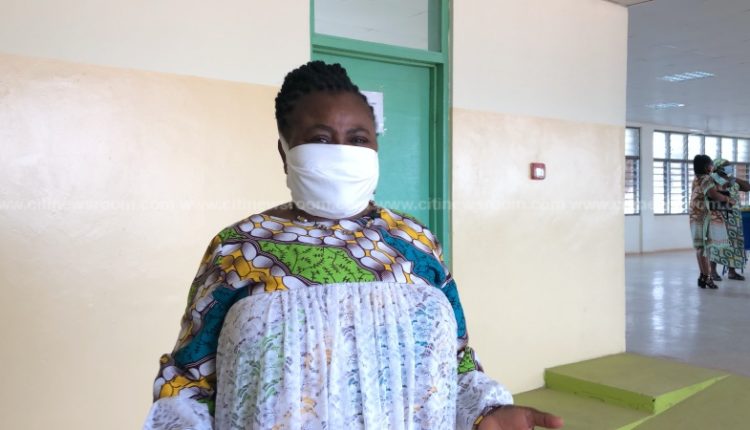The coming of COVID-19 has suppressed the attention usually given to other diseases and illnesses nationwide.
In March when Ghana has recorded its first few cases of the novel coronavirus, there were concerns about the seeming neglect of the annually recurring air-borne disease, cerebrospinal meningitis.
As of April 4, 2020, 33 persons had been lost to cerebrospinal meningitis in the Upper West Region alone. The coronavirus had by the same time, killed some five persons.
While government debunked the claims of seeming neglect, some reasoned that it was due to the suddenness of COVID-19.
However, some other 13 critical illnesses collectively known as ‘the childhood killer diseases’, have also been impacted by COVID-19.
This came up at the presentation of the Ga North Municipal Health Directorate’s half-year report. The Disease Control Officer for the Health Directorate, Evelyn Yaro, told Citi News that many mothers feared to visit the hospital with their toddlers for the required immunization shots.
“COVID-19 outbreak has affected the public health activities in the Municipality. That is, mothers who are supposed to bring their children to the health centres and the outreach centres for their child to be taken care of and vaccinated against the childhood preventable diseases; most of the mothers don’t come out again – fear of COVID-19.”
“But we are doing our best; we’re educating the mothers that they should come out because if they don’t bring their child out for vaccination, the child can get any of the childhood killer diseases, which is not good for the District,” she bemoaned.
Another issue of interest that came to the fore was that mothers refused to breastfeed their babies soon after delivery. This was attributed to exhaustion of mothers but the Municipal Health Director for the Assembly, Dr Margaretta Gloria Chandi, explained that feeding a baby within its first 30 minutes of life was crucial to proper growth.
“A baby’s nutrition within the first 1,000 days is what makes the human being what it is, both intellectually and then physically because those are the times that some features are forming. So the kind of nutrition that the child has bears on what the child will be in future; especially for a female child. If she does not have adequate nutrition from the beginning, it will affect her pelvis so even giving birth is also affected. The size and the shape of the pelvis will depend on the type of nutrition she has within that period.
“It is very important that children are given breast milk. Breast milk is the only natural food; the best food for children… There are people who have challenges with breast milk but once you have the breast and the milk is flowing in it, that is the best milk for the baby. And it is expected that within the first 30 minutes of life, that child is put on breast milk so that the child will be able to get the adequate nutrients and protection that it needs form the mother,” she stressed.
Meanwhile, a facility which will be dedicated to reproductive health and its related issues is under construction and it hoped that it will be completed before the end of the year.
“Where we didn’t do well is family planning. Family Planning is such that we need to go out and reach out to people. So out of this presentation, we’re going to go all out and ensure that public health services, especially family planning, are increased. We also had an issue with adolescent health in 2019. We were supposed to have research and also put in some structures but because of the COVID again, we couldn’t work on the adolescent health so we have a deficit there.
The Assembly has put up a new CHPS Compound at one of our Electoral Areas called Achiato and it is my intention that CHPS [Compound] will be a reproductive health hub where family planning service, pregnancy school, adolescent services, and all the areas that encompass reproductive health, including child health and nutrition, will fully be given there. So I’m hopeful that if we’re able to do that, we’ll able to meet our target for family planning as well. It is 97% complete. What we would need is the equipment and furniture. For human resource, we can always fall on what we have. So by November ending, I hope we can operationalise the place but for fully integrated services, I’m looking up to the second quarter in 2021,” she added.


Comments are closed.